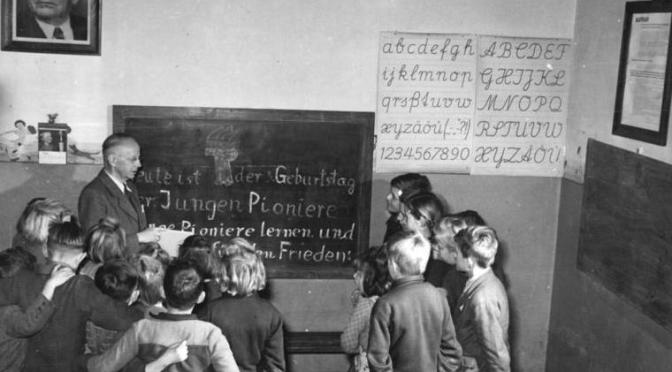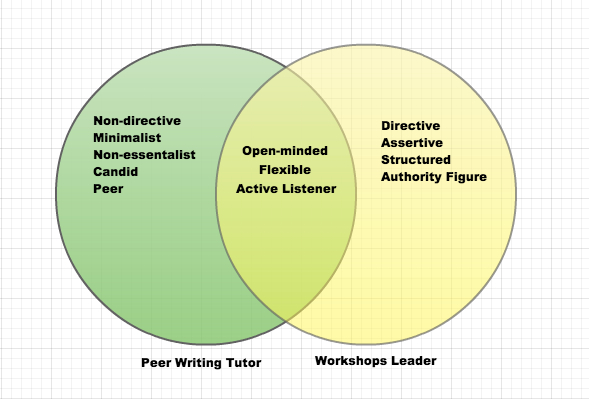Tutoring a Writer vs. Leading a Workshop
When I was accepted as a member of the Workshops Team this year, I expected to encounter a different side of the work that we do at the UCWbL. What I didn’t expect was how dramatically different leading a workshop would be from the one-on-one appointments with writers that I am accustomed to.
First, a little bit of background:
The Workshops Team is in charge of creating and facilitating workshops for professors who request them. Common workshop topics include peer review strategies, proper citation techniques, and introductions to Digication (DePaul’s online platform for hosting students’ content). By synthesizing the professor’s requests with the UCWbL’s best practices, we create activities and agendas that are designed to give students a practical understanding of the topic at hand. Then, one or two team members visit the professor’s classroom and lead a sixty to ninety minute workshop according to that customized agenda.
While working with students in the classroom may seem similar to working with a writer on a paper (we’re talking about writing in both cases, right?) I was surprised to find that these two tasks differ quite significantly.
During our one of our weekly Team meetings, Workshops coordinator Kate F. asked each of us to construct a Venn diagram with one circle labeled ‘Peer Writing Tutor’ and the other labeled ‘Workshop Leader’. Then, she had us take several minutes to write personal characteristics that helped us in each of these roles. I was surprised by what I came up with. I would have expected most of my characteristics to fall into the “overlap” section of the diagram. Instead, it looked more like this:
As you can see, the characteristics on either side of the diagram differ significantly. The ‘Peer Writing Tutor’ characteristics pertain to an environment in which the writer feels comfortable sharing their work and collaborating with me as a peer. In contrast, the ‘Workshops Leader’ characteristics allow me to assume a more authoritative ethos. In my experience, this ethos is essential to keeping students’ attention and minimizing confusion over the course of the workshop.
The results of this reflective exercise were surprising; my initial reaction would have been to say that the skills necessary for all Writing Center work are essentially similar. However, I now realize that my roles as a Peer Writing Tutor and a Workshops Leader call for strikingly different attributes. To me, this underlines the awesome fact that the work we do at the UCWbL is diverse and far-reaching. From one-on-one collaboration with our peers to instructive workshops with entire classes, we are spreading writing know-how across the university.


